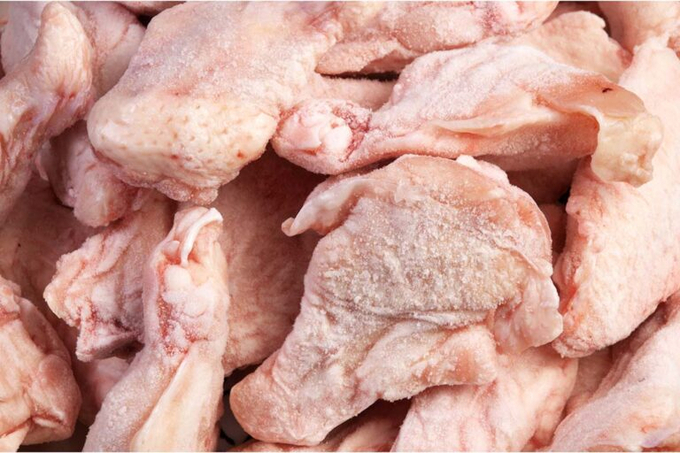May 21, 2025 | 07:35 GMT +7
May 21, 2025 | 07:35 GMT +7
Hotline: 0913.378.918
May 21, 2025 | 07:35 GMT +7
Hotline: 0913.378.918

In 2015, Russia suspended the transit of US poultry for several months. Photo: Canva
The Russian veterinary watchdog Rosselhoznadzor is considering prohibiting the transit of US poultry through the country, Russian state news outlet Ria Novosti has reported, citing a source close to the matter. The measure is justified with a need to protect Russia and Kazakhstan from bird flu, as the Russian officials see the veterinary situation in the US as “unstable”.
In 2015, Russia suspended the transit of US poultry for several months. The source has not specified the timeframe for new restrictions, only emphasising that Russian veterinary officials consider the dynamics of the spread of bird flu in the world troublesome.
The Russian transit ban could undermine US poultry exports to central Asia. In Kazakhstan, where US imports historically played an important role, poultry farmers have backed the idea.
Ruslan Sharipov, president of the union of poultry farmers of Kazakhstan, said that his organisation struggled to restrict imports from the US for the previous 6 or 7 years. He also expressed concerns that US exporters deliver products of dubious quality to the Kazakh market.
“Out there [in the US], this poultry meat is stored at the warehouses for 10 to 15 years. To get rid of it, they export it to our country at a low cost. But it no longer has any nutrients. Have you tasted this meat? It’s like foam,” Sharipov told local press.
Under the Kazakhstan WTO accession agreement, the US has a right to export 128,000 tonnes of chicken legs and 12,000 tonnes of broiler carcasses to Kazakhstan per year, according to Sharipov.
The entire quantities are delivered to Russia by sea, where they are reloaded to trucks or railways to be shipped to central Asia. Sharipov agreed that a threat of “bird flu coming from US chicken is quite real”. It is believed that alternative routes of delivering poultry to the region are associated with high logistics costs.
In addition to Kazakhstan, US poultry is also delivered to other countries in central Asia, though in smaller quantities.
Sharipov also claimed that Kazakh customers would not feel the ban on the US poultry imports. He forecasted that in 2023, the country will manufacture 350,000 tonnes of poultry meat, slightly above the previous year’s level.
The US poultry imports met 20-25% of demand on the Kazakh poultry market.
(PW)

(VAN) Attempts to bring down the price of the Japanese staple have had little effect amid a cost-of-living crisis.

(VAN) Fourth most important food crop in peril as Latin America and Caribbean suffer from slow-onset climate disaster.

(VAN) Shifting market dynamics and the noise around new legislation has propelled Trouw Nutrition’s research around early life nutrition in poultry. Today, it continues to be a key area of research.

(VAN) India is concerned about its food security and the livelihoods of its farmers if more US food imports are allowed.

(VAN) FAO's Director-General emphasises the need to work together to transform agrifood systems.

(VAN) Europe is facing its worst outbreak of foot-and-mouth since the start of the century.

(VAN) The central authorities, in early April, released a 10-year plan for rural vitalization.